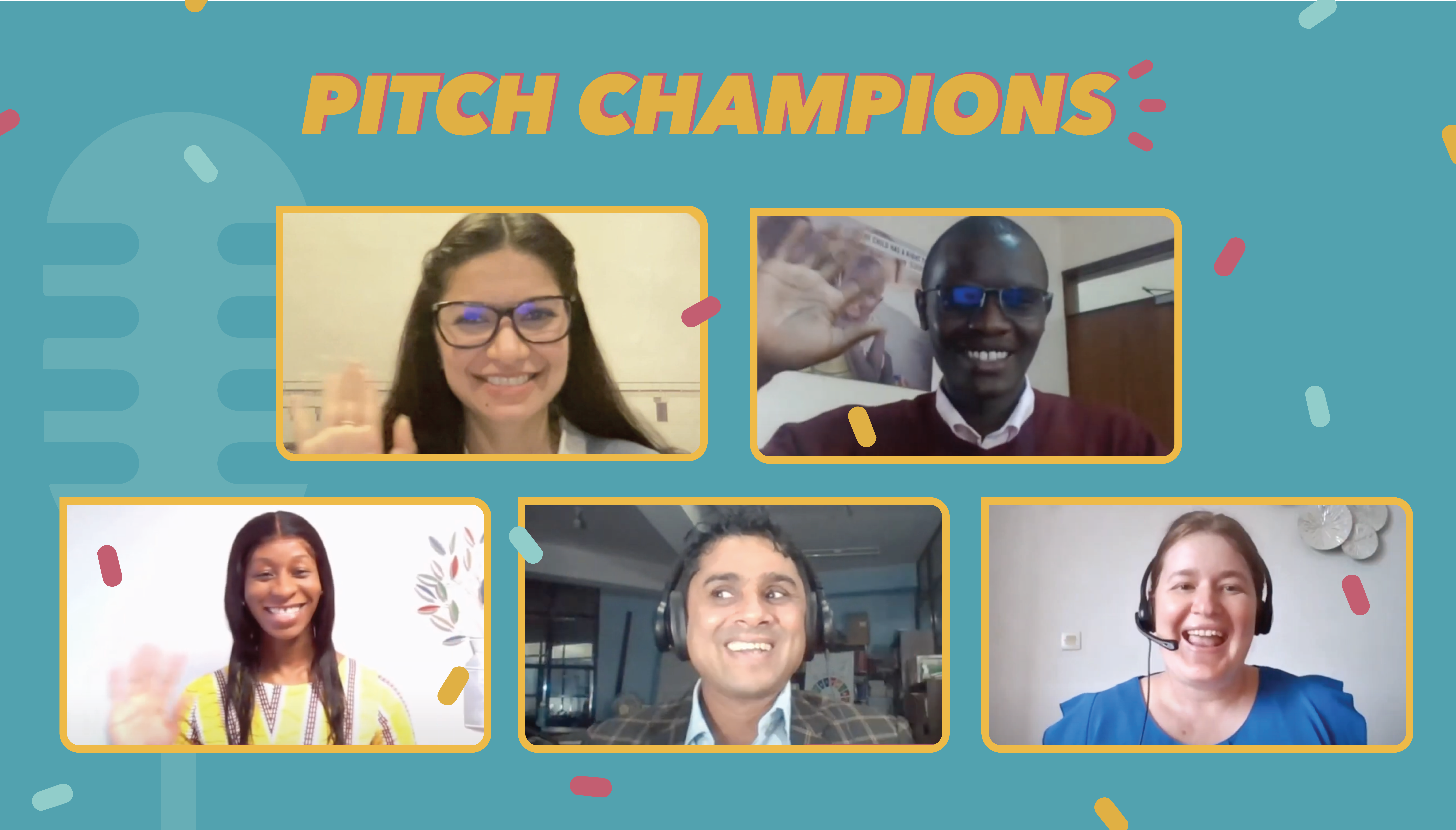
Five Innovations Share $250,000 in Family Planning Pitch Competition
The Pitch, spearheaded by CCP’s Knowledge SUCCESS project, aims to find and fund creative knowledge management ideas for family planning.

The Pitch, spearheaded by CCP’s Knowledge SUCCESS project, aims to find and fund creative knowledge management ideas for family planning.
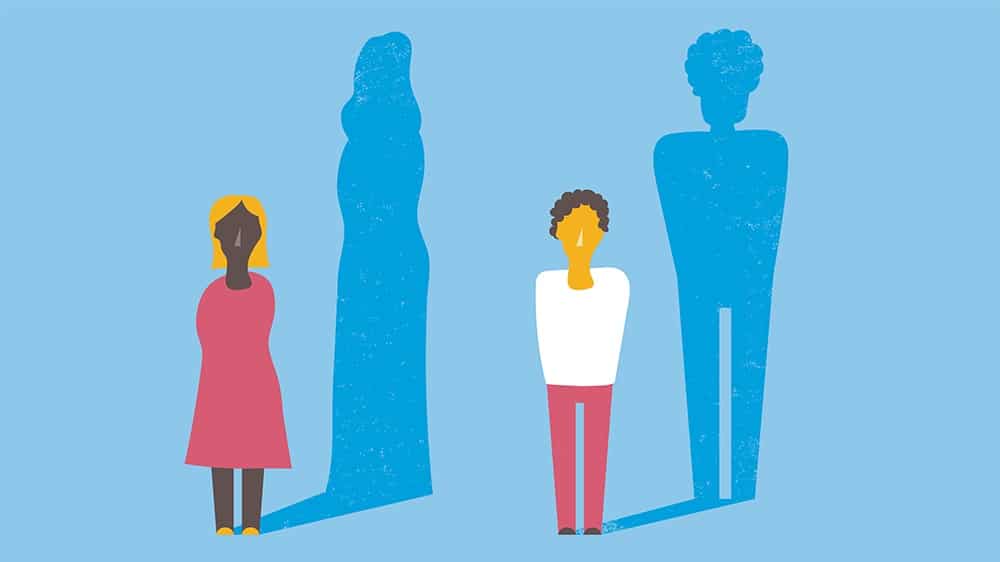
CCP’s Knowledge SUCCESS project helped create a series of “Connecting Conversations,” with youth and those who work with them, to discuss the best ways to promote adolescent and youth sexual and reproductive health.
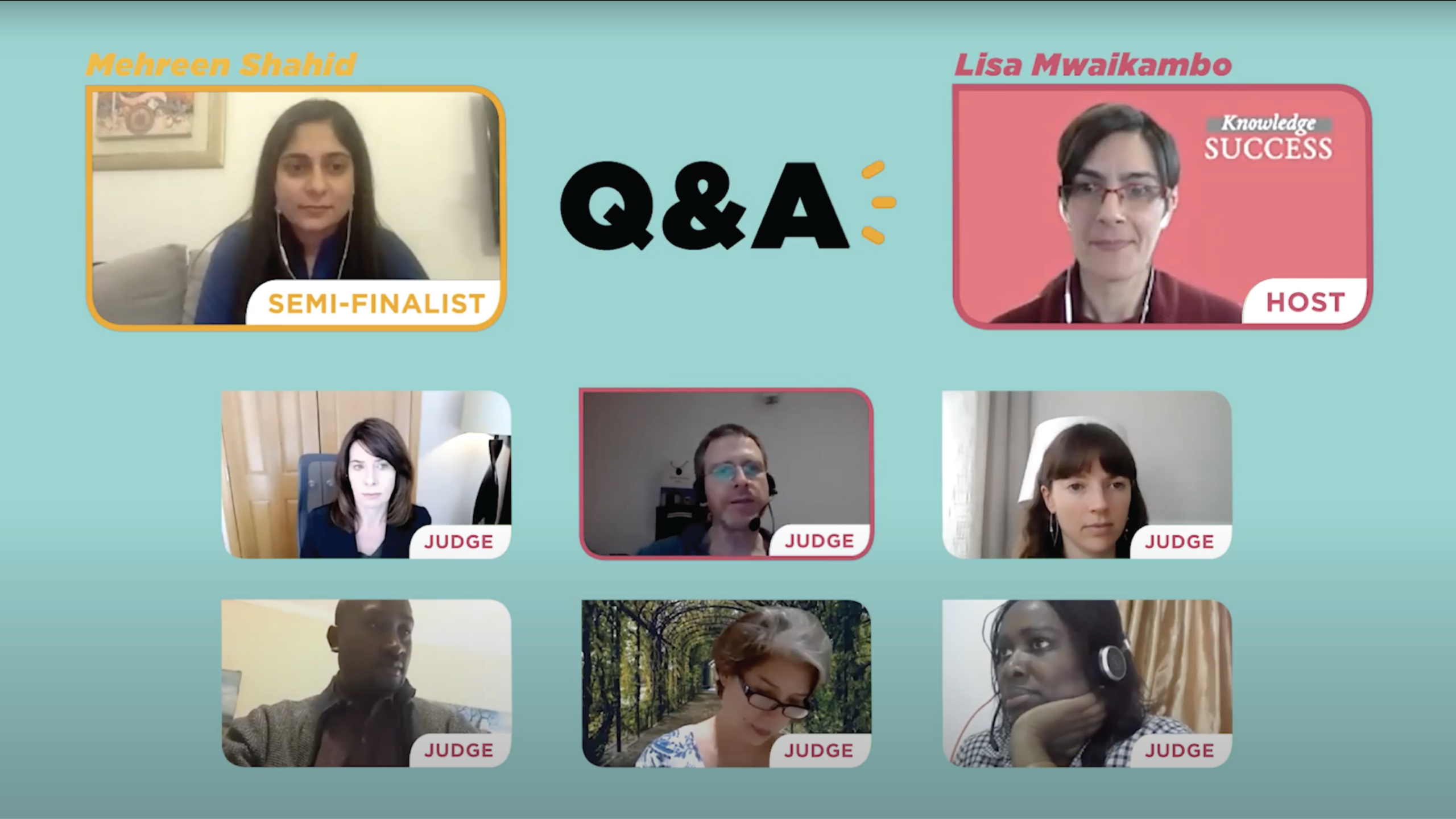
With the excitement and suspense of the television show “Shark Tank,” CCP’s Knowledge SUCCESS project chose four winners from a field of 80 contestants in a global competition to find and fund creative knowledge management ideas for family planning.

CCP’s new FP insight tool, designed by and for members of the family planning and reproductive health community, is inspired by Pinterest and other social media apps to spark creativity and learning by sharing resources and ideas about family planning.
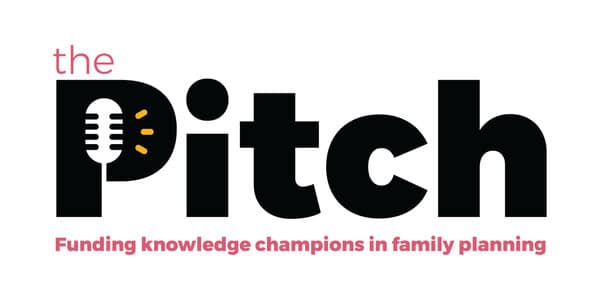
CCP has launched The Pitch, a global competition to find and fund innovative knowledge management ideas for family planning. Deadline is Feb. 4.
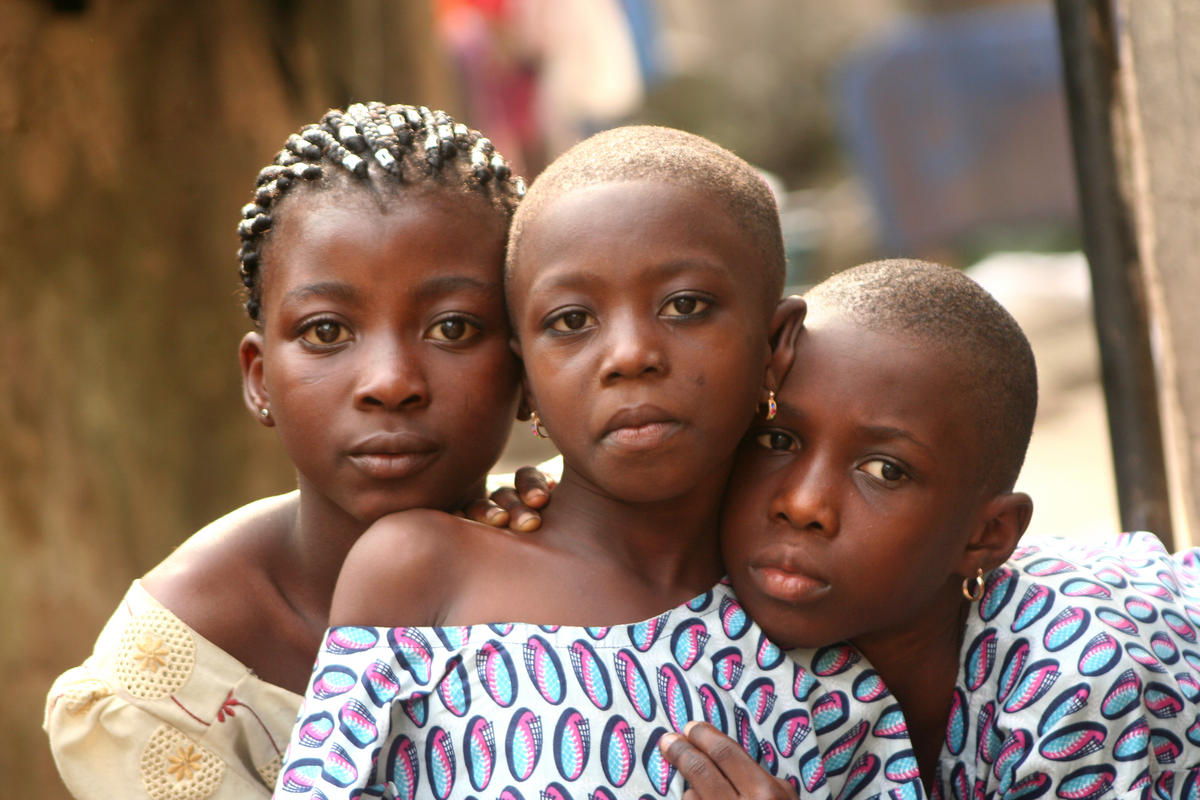
CCP works on the Demographic and Health Surveys to help stakeholders and decision-makers use data to make choices that help improve and protect the lives of women and girls in places like Ghana, India, Nigeria and Pakistan.
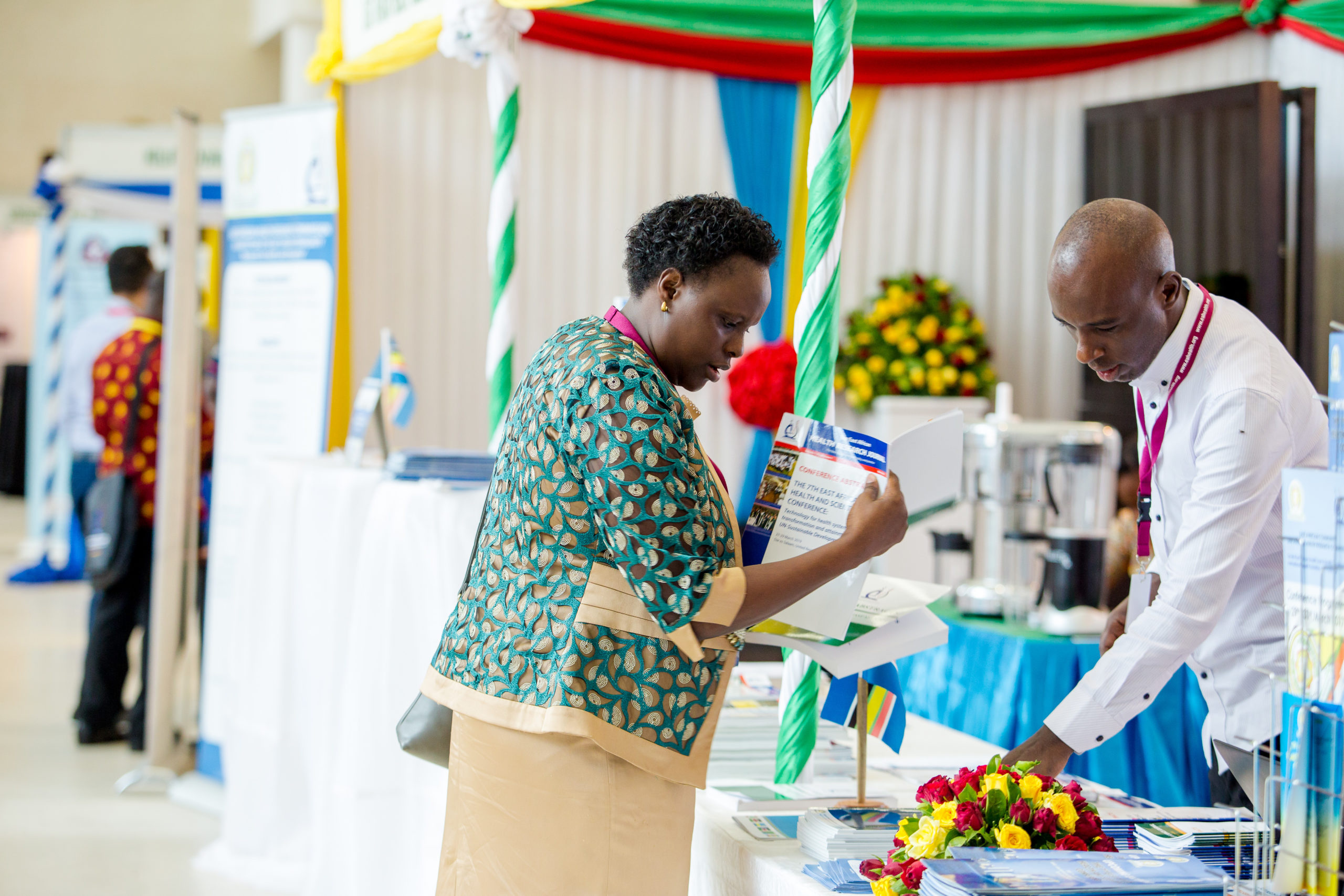
A new health journal in East Africa, created with the help of CCP’s K4Health project, has been developed and nurtured and is ready to strike out on its own.
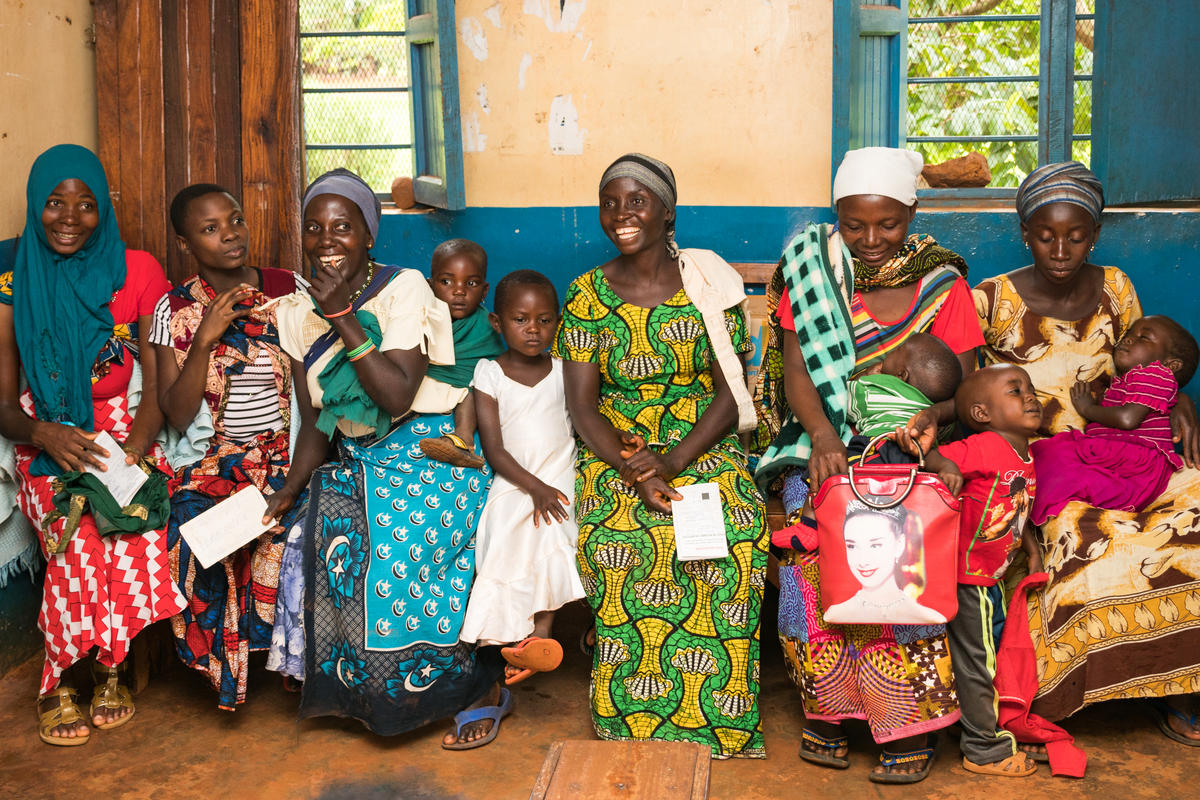
The new project, Knowledge SUCCESS, will use the latest learnings from behavioral science and design thinking to make knowledge management easy, attractive, salient and timely.
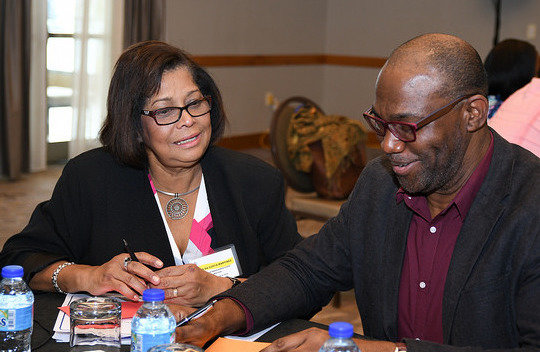
CCP’s Tara Sullivan shares lessons she’s learned from her 15 years of working as a leader and instructor in knowledge management and learning.
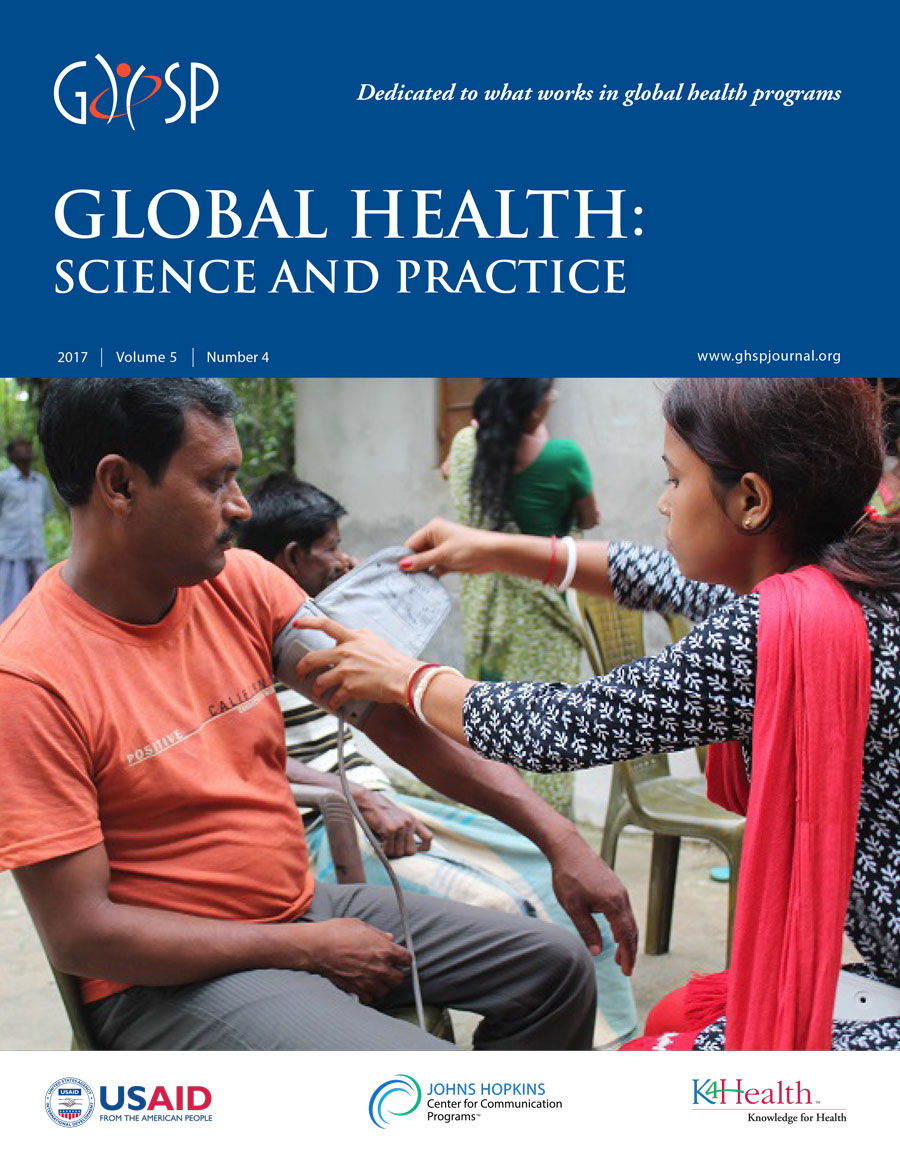
The latest issue of Global Health: Science and Practice (GHSP), based at the Johns Hopkins Center for Communication Programs, is rich with articles on a wide variety of topics related to family planning.
Receive the latest news and updates, tools, events and job postings in your inbox every month